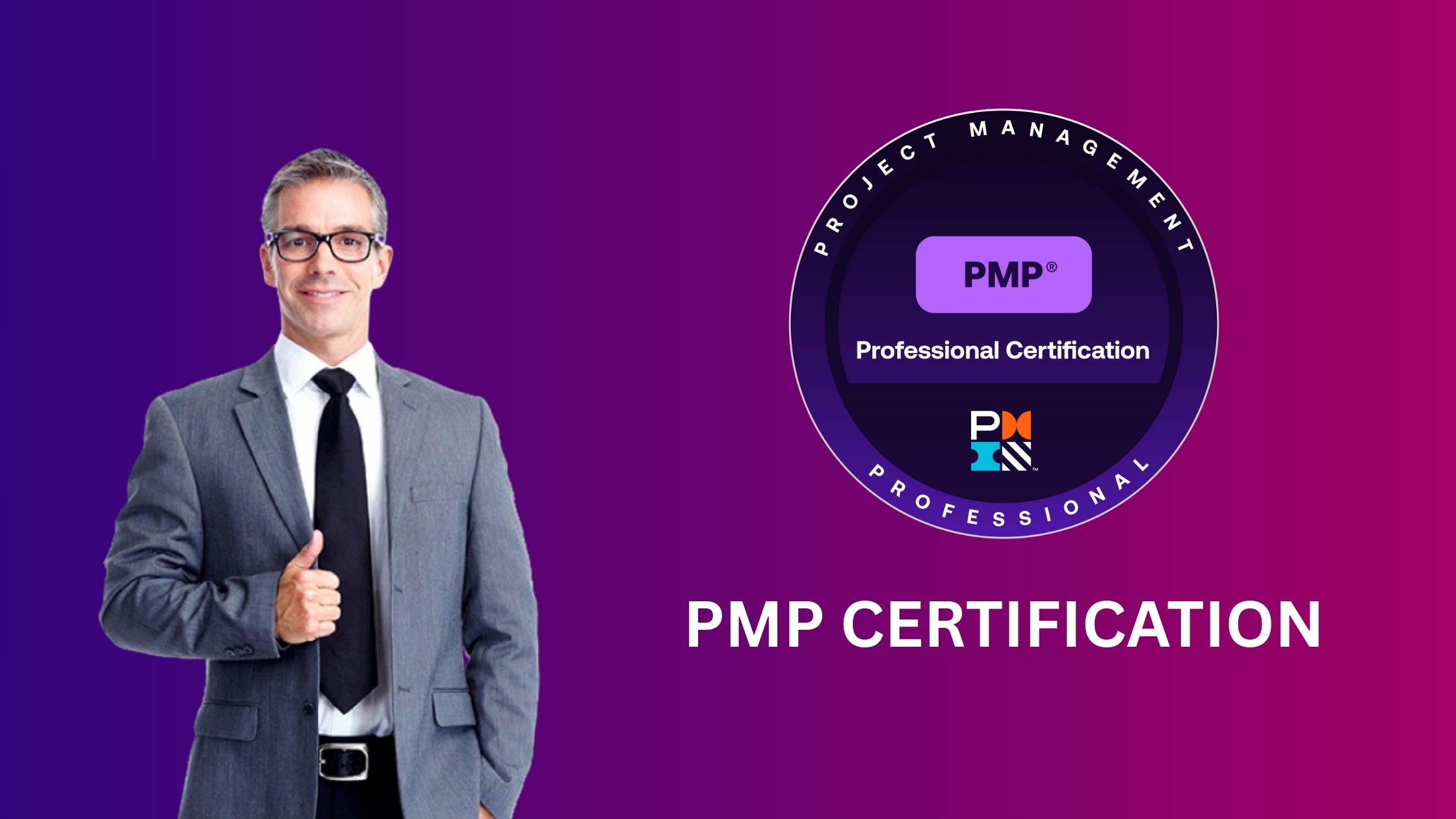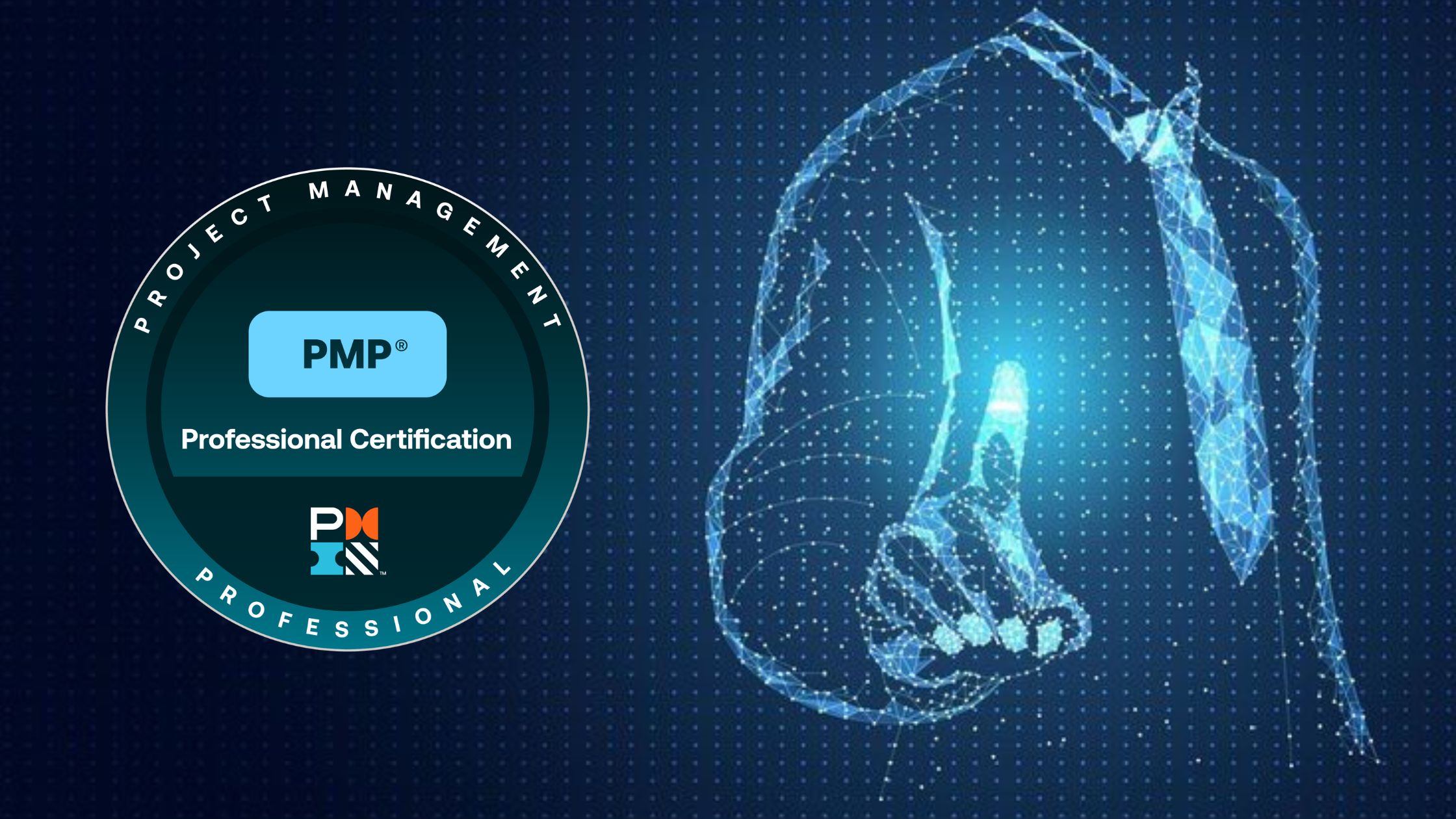Project Management Professional (PMP) certification is one of the most recognized and respected credentials in the field of project management. Offered by the Project Management Institute (PMI), it validates a professional’s ability to lead and direct projects efficiently. In today's competitive job market, earning a PMP certification can significantly elevate your career, enhance your credibility, and unlock lucrative job opportunities.
What is PMP Certification?
The PMP certification is an industry-recognized credential for project managers. It demonstrates that you have the experience, education, and competency to lead and direct projects. It is based on the PMBOK® Guide (Project Management Body of Knowledge) and assesses your knowledge in five key domains: initiating, planning, executing, monitoring and controlling, and closing. The certification is not limited to any single industry. Whether you're in IT, construction, healthcare, or finance, the PMP certification provides a universal framework and language for managing projects effectively.
Key Benefits of PMP Certification
1. Global Recognition
PMP is recognized globally and opens doors to international job opportunities. It shows employers that you have a standardized set of project management skills that are applicable worldwide. Multinational companies especially prefer candidates with PMP certification because it guarantees a certain level of expertise and understanding.
2. Higher Salary Potential
Numerous salary surveys conducted by PMI and independent bodies show that PMP-certified professionals earn significantly more than their non-certified counterparts. On average, PMP holders earn 20-25% more than those without the certification. It also helps in negotiating better pay packages and promotions.
3. Improved Project Management Skills
The PMP exam and preparation process instill a deep understanding of project management methodologies, tools, and frameworks. It enhances your ability to plan, execute, and close projects on time and within budget. The skills you gain are practical and applicable to real-world scenarios, helping you to manage complex projects with confidence.
4. Career Advancement
PMP-certified professionals often find themselves on a fast track to leadership roles. The certification adds weight to your resume and often becomes a differentiator during hiring or promotion decisions. Employers see PMP as proof of your dedication, discipline, and proficiency in managing teams and delivering results.
Eligibility and Exam Overview
Before you can sit for the PMP exam, you need to meet specific educational and professional requirements:
- With a four-year degree: 36 months of project management experience and 35 hours of project management education or CAPM® certification.
- With a high school diploma or associate’s degree: 60 months of project management experience and 35 hours of project management education or CAPM® certification.
The exam itself consists of 180 questions that must be completed in 230 minutes. The questions test your knowledge in three domains:
- People – emphasizing soft skills and leadership.
- Process – focusing on technical aspects of project management.
- Business Environment – examining how projects align with organizational strategy.
How to Prepare for the PMP Certification Exam
Preparing for the PMP exam requires commitment, strategy, and the right resources. Here are some steps to help you succeed:
1. Understand the Exam Format and Syllabus
Start by downloading the PMP Examination Content Outline and the latest PMBOK® Guide. These documents provide the foundation for your studies. Familiarize yourself with the exam structure and the weightage of different sections.
2. Enroll in a Formal Training Course
Many aspiring PMPs opt for a formal training course that covers the required 35 contact hours. These can be in-person classes, live virtual sessions, or self-paced online programs. A good training course provides structure, mentorship, and access to mock exams.
3. Practice with Mock Tests
Mock tests simulate the actual exam environment and help you assess your preparation level. They also improve your time management and identify areas where you need more focus. Aim to score consistently above 80% in your practice tests before attempting the real exam.
4. Join Study Groups and Forums
Interacting with fellow PMP aspirants can be incredibly helpful. Join online forums, study groups, or social media communities where you can share insights, ask questions, and stay motivated throughout your preparation journey.
Is PMP Certification Worth It?
While the PMP certification requires a significant investment of time, effort, and money, the returns are well worth it. The skills and knowledge gained not only enhance your performance but also future-proof your career in an ever-evolving job market. Here’s why it continues to be a valuable credential:
- Demand: The demand for project managers is growing across industries.
- Versatility: Applicable to any project, regardless of scope or sector.
- Return on Investment: Higher salaries, faster promotions, and better job security.
Moreover, maintaining your certification through Continuing Certification Requirements (CCR) ensures you stay updated with the latest trends and best practices in project management.
Conclusion: Elevate Your Career with PMP Certification
Whether you're looking to take the next step in your current job or switch industries altogether, the PMP certification can be your ticket to professional growth. It demonstrates your commitment to excellence, sharpens your project management skills, and distinguishes you in a crowded job market. So if you’re serious about your career in project management, investing in the PMP certification is one of the smartest decisions you can make.


